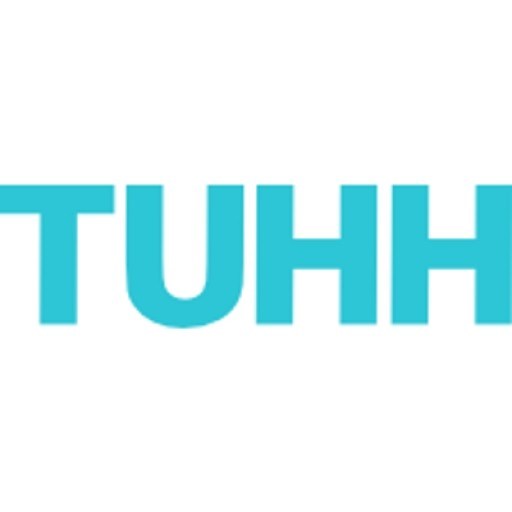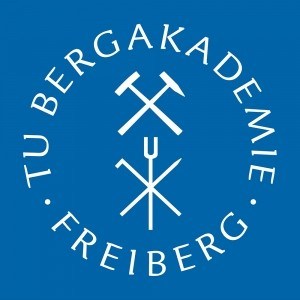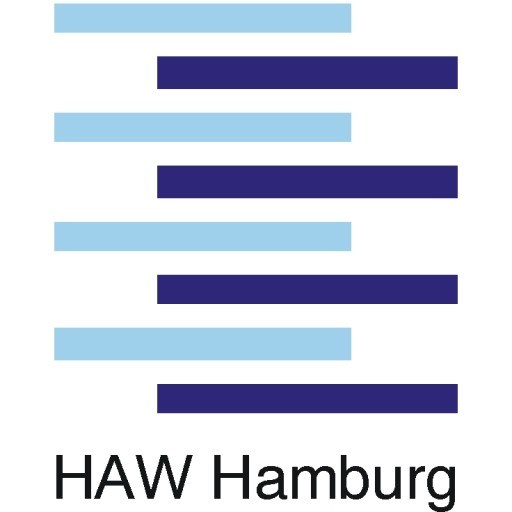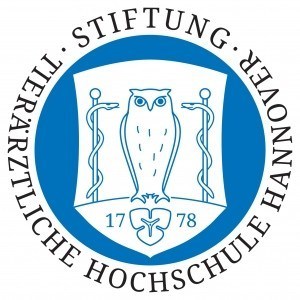Photos of university / #unistuttgart
The Geomatics Engineering (GEOENGINE) program at the University of Stuttgart is a comprehensive and interdisciplinary master's degree designed to prepare students for innovative careers in the rapidly evolving field of geospatial technologies. This program combines fundamental principles of engineering, computer science, geodesy, and environmental sciences to equip graduates with the technical expertise and practical skills necessary to analyze, interpret, and manage spatial data. Throughout the course of study, students will explore advanced topics such as geographic information systems (GIS), remote sensing, photogrammetry, cartography, and spatial data analysis, enabling them to develop sophisticated solutions for urban planning, environmental monitoring, disaster management, and infrastructure development.
The program emphasizes a hands-on approach, integrating laboratory work, field exercises, and project-based learning to ensure students gain real-world experience. In addition, students will learn to operate and develop state-of-the-art surveying instruments, satellite positioning systems, and geospatial software tools. The curriculum also fosters a strong foundation in data processing, visualization, and programming, allowing graduates to excel in positions that require high-level technical and analytical competence.
Students have the opportunity to specialize in various areas within geomatics engineering, such as satellite navigation, 3D modeling, or environmental applications, tailoring their education to their individual career goals. The program benefits from close collaborations with industry partners, research institutions, and international organizations, providing students with valuable networking opportunities and practical insights into current challenges and innovations in the field.
Graduates of the GEOENGINE program will be well-prepared for careers in government agencies, consultancy firms, technology companies, and research institutions. They will possess the professional skills necessary for the development, implementation, and management of spatial data infrastructures and intelligent mapping systems. The program also encourages international mobility and research activities, supporting students who aspire to pursue PhD studies or engage in innovative projects at the forefront of geospatial science. Overall, this master's program offers a rigorous, forward-looking education that supports sustainable development and technological progress through advanced geomatics engineering expertise.
Educational organisation
The courses are organised into modules. Most of them are mandatory, while two out of four modules are electives. All modules are credited according to the European Credit Point System (ECTS). The total required for successful completion of the programme of study is 120 ECTS, including preparation of the Master's thesis.The language of instruction is English. A compact German language course (before the first semester) and two weeks of practical field work are also mandatory parts of the programme.
Study abroad unit(s)
NoneForms of assessment
The mandatory and elective modules are completed with a concomitant module examination. In general, the module examinations are written examinations. Admission to examinations requires that advance achievements (i.e. assessed term work) have been completed.To conclude the Master's programme successfully, all individual module examinations and the Master's thesis must be passed.
Course objectives
GEOENGINE has been designed as a compact Master of Science programme for international students from academia, government agencies or geomatics engineering companies. It provides advanced education and practical training to those students who wish to widen their perspective on and expand their knowledge of numerical techniques for acquiring and modelling geospatial data. Successful completion of the curriculum enables them to create and manage intelligent workflows and services. Based on deep theoretical understanding, sophisticated technology and methods can be flexibly adapted to the necessities of specific applications.Geomatics engineers are professionals in advanced technologies for geospatial data acquisition and management. They are indispensable partners in urban planning, traffic management and sustainable economic development. Therefore, the GEOENGINE Master's programme provides profound knowledge focused on positioning, navigation and telematics. As future executives in industry and research, graduates of this Master's programme will also be proficient in the following:
- mastering state-of-the-art technology
- acquisition, administration and processing of geodata
- team management
- research in all fields of geomatics engineering
Language requirements
For non-native speakers, proof of sufficient proficiency in the English language (i.e. TOEFL test, min. 550 points (paper-based) or 213 points (computer-based) or 80 points (Internet-based)) or another comparable proof (i.e. IELTS Band 6.0). Applicants with English as medium of instruction during their Bachelor's education (official proof from university requested) are exempted from this requirement.Academic requirements
A qualifying Bachelor's degree in geomatics engineering or in another corresponding course or a degree regarded as equivalent obtained at a foreign university, typically with a four-year standard period of studyEnrolment fees
Approx. 170 EUR per semesterCosts of living
To cover living expenses, you will need about 750 EUR per month. This is for rent (approx. 300-350 EUR), health insurance for non-EU residents (approx. 80 EUR), the semester ticket for public transport (190 EUR/six months), food (approx. 200 EUR), other incidental expenses and working materials (approx. 100 EUR).Job opportunities
Owing to its location in the heart of one of Europe's largest high-tech regions, there are many opportunities to find employment. Nevertheless, please do not come to Germany expecting to be able to finance your entire studies by working. The study load is very high and it is not always easy to find a part-time job. Non-EU citizens are allowed by law to work for a maximum of 120 full days (240 half days) per year. Students who are employed by the university in one of the institutes or departments ("Studentische Hilfskräfte") are exempt from this regulation, but other restrictions apply. You are not allowed to work during the first year while attending a German language class in preparation for the test of German as a foreign language (TestDaF).Arrival support
A pick-up service is part of our welcome package. If you wish, you will be contacted before your departure, and if you arrive between 8am and 8pm, you will be met at Stuttgart airport or railway station and taken to your accommodation. Your host partner will also help you to deal with all formalities. This service is free of charge.Services and support for international students
Cross-Cultural Mentoring ProgrammeThe Office of International Affairs invites international degree students to sign up for the "Cross-Cultural Mentoring Programme". The programme is intended to ease initial challenges at the university as well as to offer study information, counselling services, subject-specific tutorials, courses, and activities during the whole study programme.
For further information, please contact: heidenreich@ia.uni-stuttgart.de.
The Welcoming Service
The Office of International Affairs offers a buddy programme in order to support you with all formalities at the beginning of your studies. For further information, please visit our website: http://www.ia.uni-stuttgart.de/internat/studierende/services/buddyprogramm/index.en.html.
Accommodation
Both campuses in Stuttgart-Vaihingen and in Stuttgart city centre have on-site halls of residence. Dorm rooms (ranging from 240-350 EUR per month) are furnished, some are equipped with a sink, and all have access to kitchen and sanitary facilities, telephone, and Internet. From the campus in Stuttgart-Vaihingen, the city of Stuttgart can be reached by suburban railway within 10 minutes. If you are under 30 years old and want to apply for a room in one of the student dormitories, please contact the student service:Studentenwerk Stuttgart
Rosenbergstraße 18
70174 Stuttgart
Germany
Phone: +49 (0)7 11-9 57 44 70
Fax: +49 (0)7 11-9 57 44 50
E-mail: wohnen.sws@t-online.de
Internet: http://www.sws-internet.de









